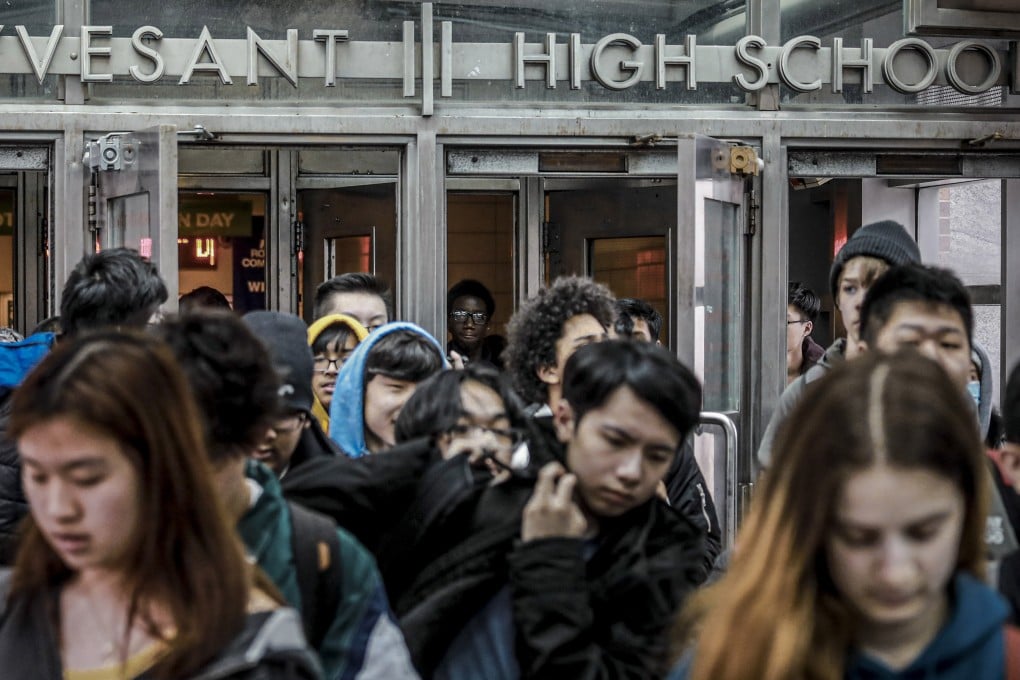Coronavirus ‘silent spreaders’: children who seem healthy may be more contagious than sick adults, study says
- Studies are starting to show how contagious infected children might be, even those with no symptoms
- Findings could have implications for plans to reopen schools in the middle of a pandemic

A new US study adds to growing evidence that children are not immune to Covid-19 and may even play a larger role in community spread than previously thought.
Researchers at Massachusetts General Hospital and Mass General Hospital for Children found that among 192 children, 49 tested positive for the coronavirus and had significantly higher levels of virus in their airways than hospitalised adults in intensive care units, according to the study published on Thursday in the Journal of Paediatrics.
“Kids are not immune from this infection, and their symptoms don’t correlate with exposure and infection,” said Dr Alessio Fasano, senior author and director of the Mucosal Immunology and Biology Researcher Centre at Massachusetts General Hospital.
The study comprised of children from ages zero to 22 who arrived at an urgent care clinic or hospital and were suspected of having SARS-CoV-2, the virus that causes Covid-19.
Fasano said some children were brought to these settings after exhibiting symptoms, but others showed no symptoms and were brought in because they had been in contact with an infected person or lived in what was considered a high-risk area.

02:03
Russia approves ‘world’s first’ Covid-19 vaccine, President Vladimir Putin says
“During this Covid-19 pandemic, we mainly screened symptomatic subjects, so we have reached the erroneous conclusion that the vast majority of people infected are adults,” he said. “We should not discount children as potential spreaders for this virus.”
While the number of children who tested positive may come as a shock to some, Dr Roberta DeBiasi, chief of Paediatric Infectious Diseases at Children’s National Hospital in Washington DC, said she’s not surprised based on the patients she’s seen.